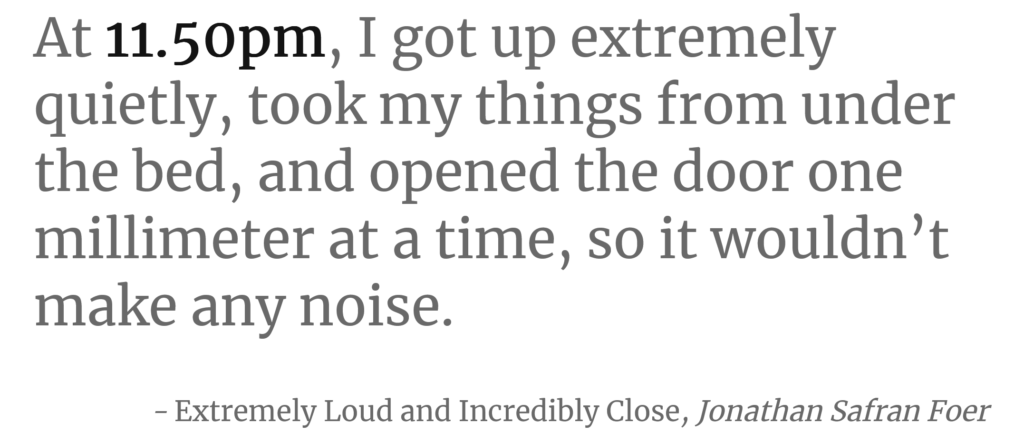Like many other folk, I've been dipping my toes back into the Fediverse and checking out Mastodon. It isn't my first rodeo in this particular ring, but somehow it does feel a little different this time. Still, having been here before, part of that difference is undoubtedly the increased level of noise and general bluster – attributes I think it is safe to look to Twitter (and that community's culture) to have added.
As a result, I found reading Hugh's post on the influx of new users really interesting. I've seen a lot of pleas to respect existing cultural norms (many of which I quite like), but it's always nice to come across a particularly well-written and thoughtful analysis of the current collision of ideas. In particular, their thoughts on the nature of content consent and sharing are really interesting. I've long thought that Mastodon's stricter rules on things like searchability were a thorn in their side, but this lens provides much greater clarity.
As I've said to many people over the last couple of weeks, Mastodon (and ilk) are not trying to replicate or clone Twitter. They want to be something new. I do think that they copied the core experience a little too much, but I still hope they are able to hold onto that uniqueness and double-down on what are a much better set of foundational principles than much of the social web.
I've also never fully considered the impact of the underlying philosophy of ActivityPub, but I can fully get behind the anarchism versus capitalism concepts that Hugh points out.
(And yes, I'm aware that there is a certain friction in reposting excerpts from an article that explicitly talks about the hostility of finding your voice shared without your consent. I have a lot of personal thoughts on where those lines stand, and the historical benefits inherent in being able to remix and share elements of culture broadly, but I did check, and Hugh's website claims a CC-BY-4 license, so I hope this note is acceptably above board 😊)
On the culture differences between Twitter and Mastodon:
The people re-publishing my Mastodon posts on Twitter didn't think to ask whether I was ok with them doing that. The librarians wondering loudly about how this "new" social media environment could be systematically archived didn't ask anyone whether they want their fediverse posts to be captured and stored by government institutions. The academics excitedly considering how to replicate their Twitter research projects on a new corpus of "Mastodon" posts didn't seem to wonder whether we wanted to be studied by them. The people creating, publishing, and requesting public lists of Mastodon usernames for certain categories of person (journalists, academics in a particular field, climate activists...) didn't appear to have checked whether any of those people felt safe to be on a public list. They didn't appear to have considered that there are names for the sort of person who makes lists of people so others can monitor their communications. They're not nice names.
It's not entirely the Twitter people's fault. They've been taught to behave in certain ways. To chase likes and retweets/boosts. To promote themselves. To perform. All of that sort of thing is anathema to most of the people who were on Mastodon a week ago
On the impact of a cultural shift and the emotional strain that "virality" can cause for those who were not expecting (or wanting) it:
To users of corporate apps like Twitter or Instagram this may sound like boasting. Isn't "going viral" and getting big follower counts what it's all about? But to me it was something else. I struggled to understand what I was feeling, or the word to describe it. I finally realised on Monday that the word I was looking for was "traumatic".
On why features are different between the two platforms:
If the people who built the fediverse generally sought to protect users, corporate platforms like Twitter seek to control their users.

